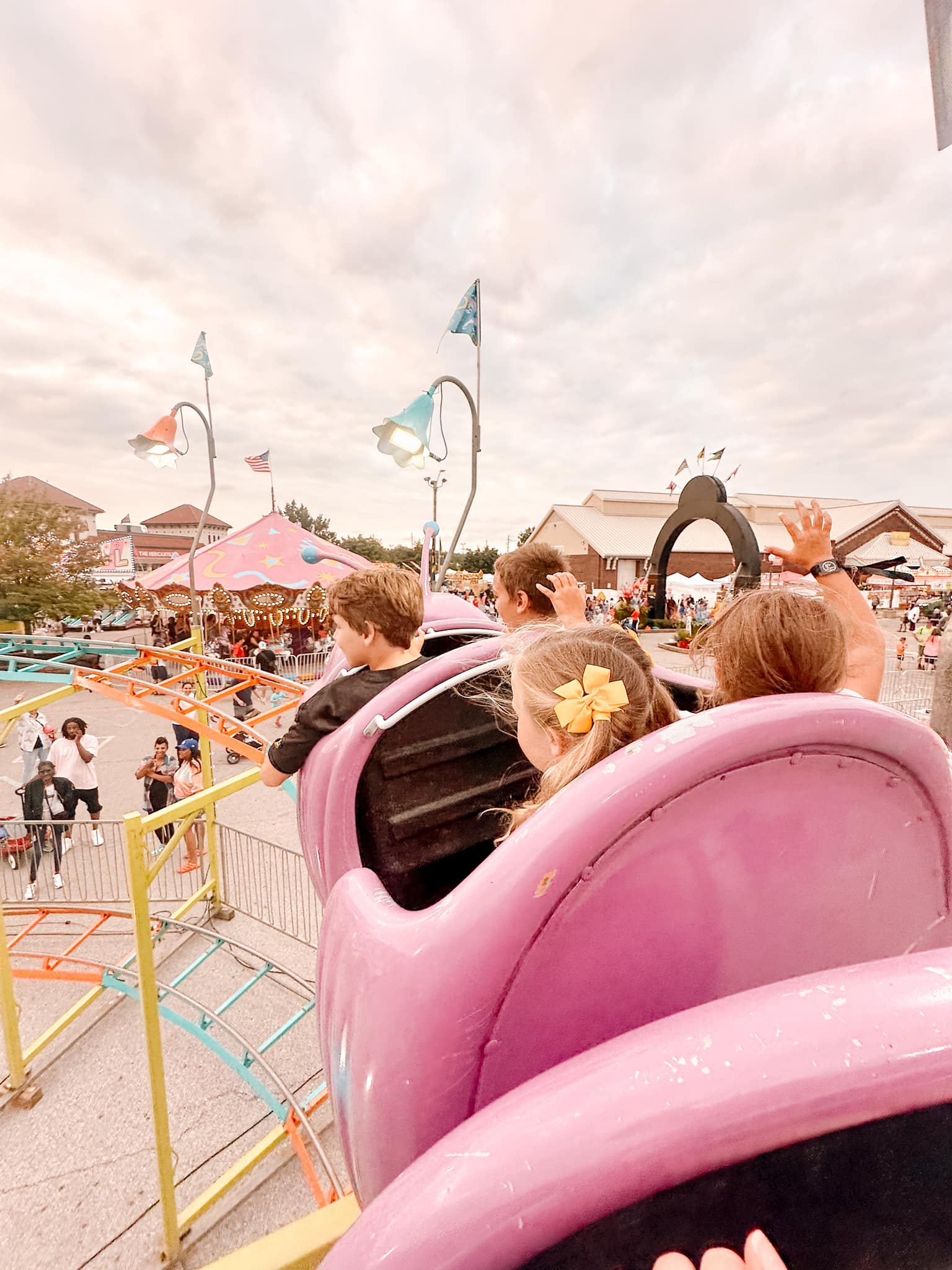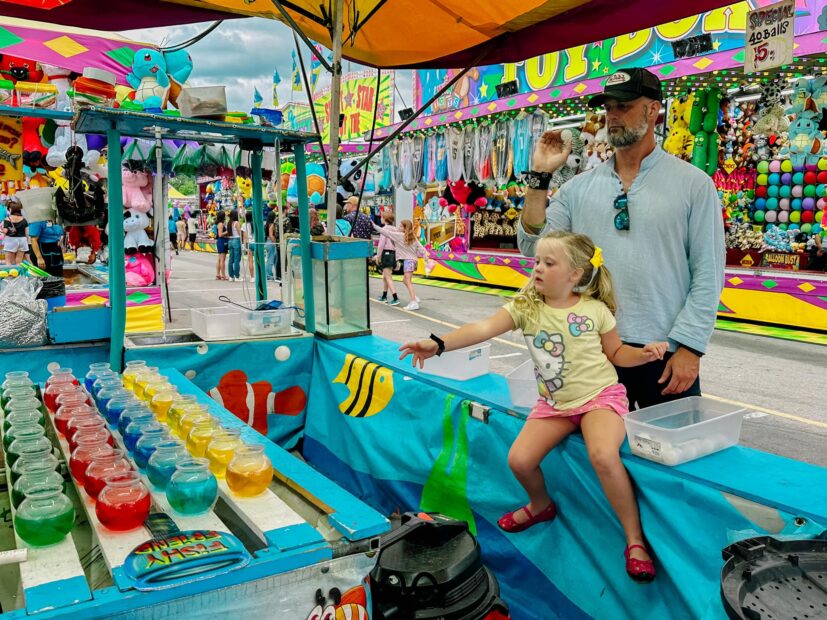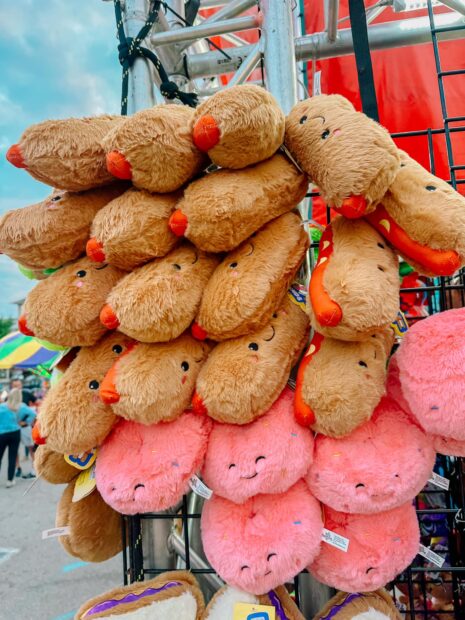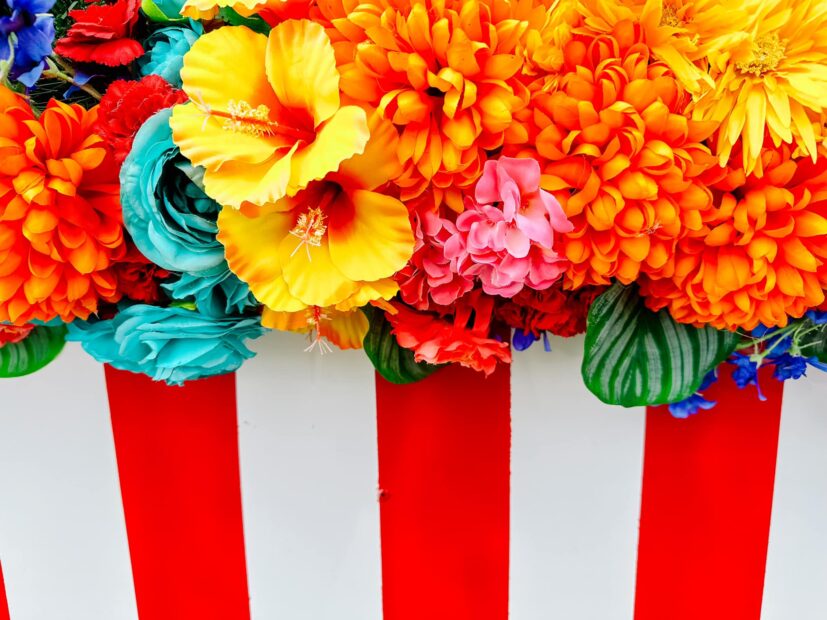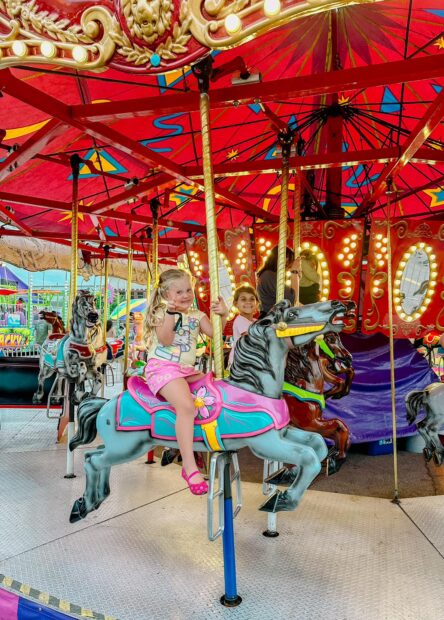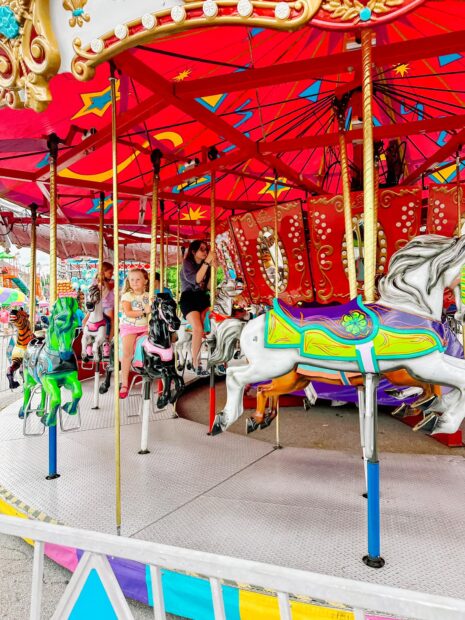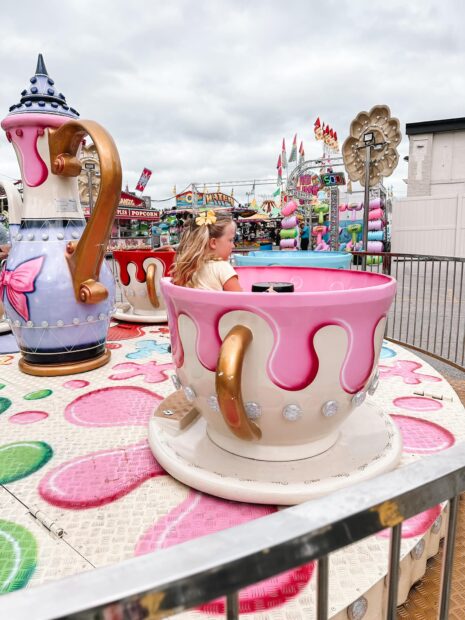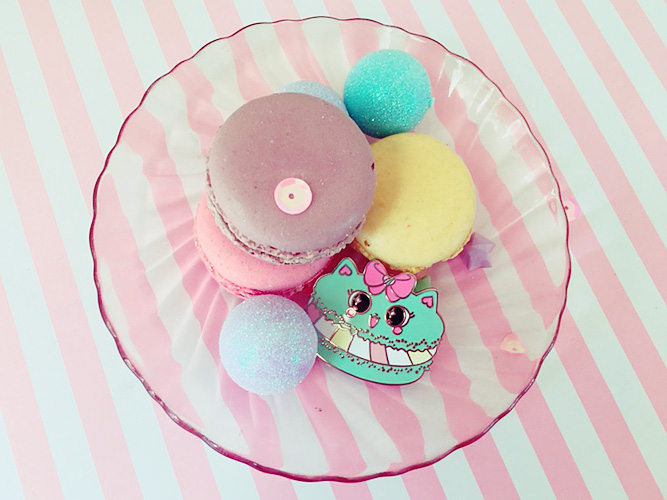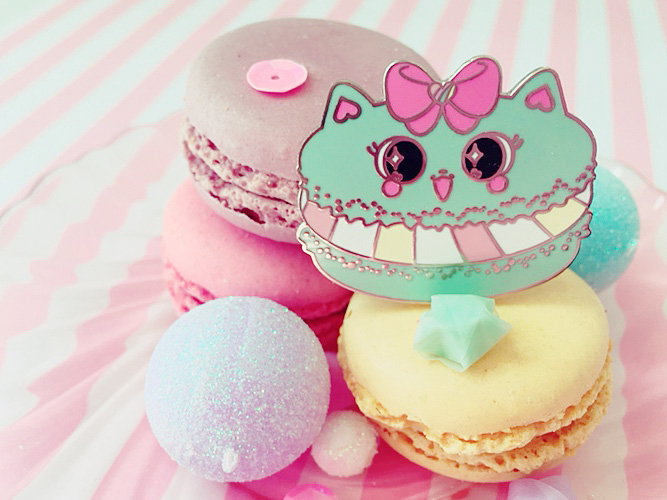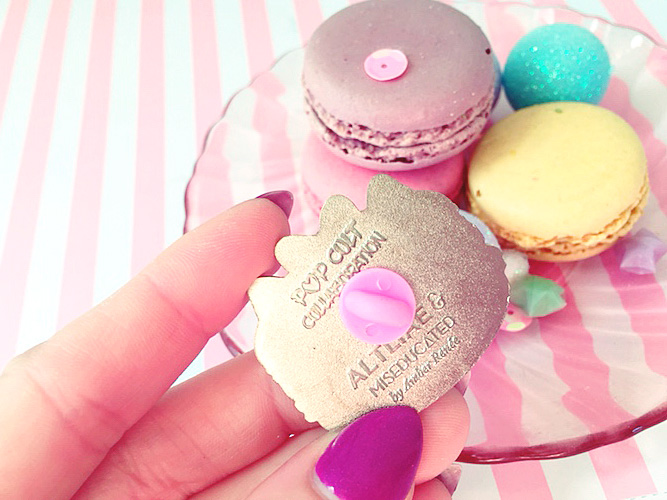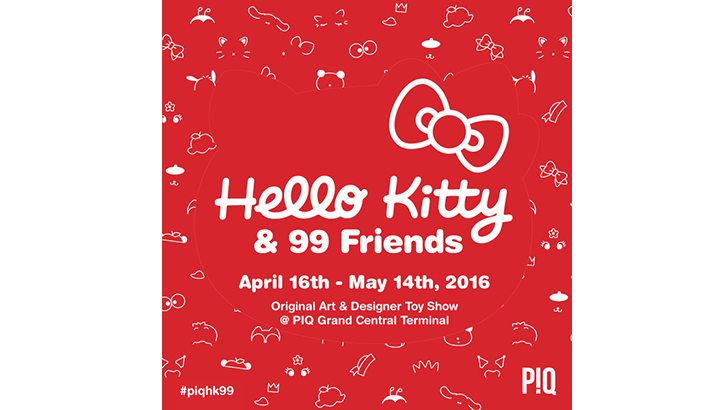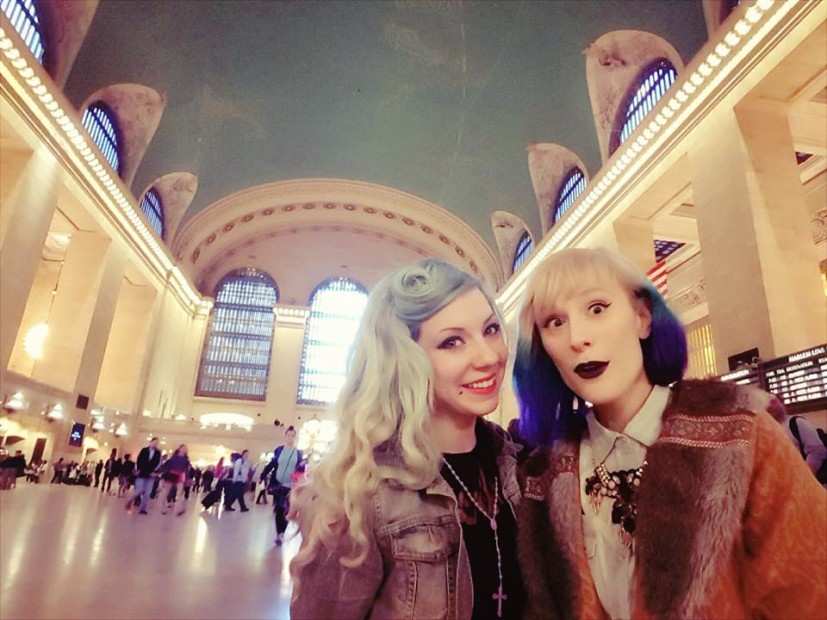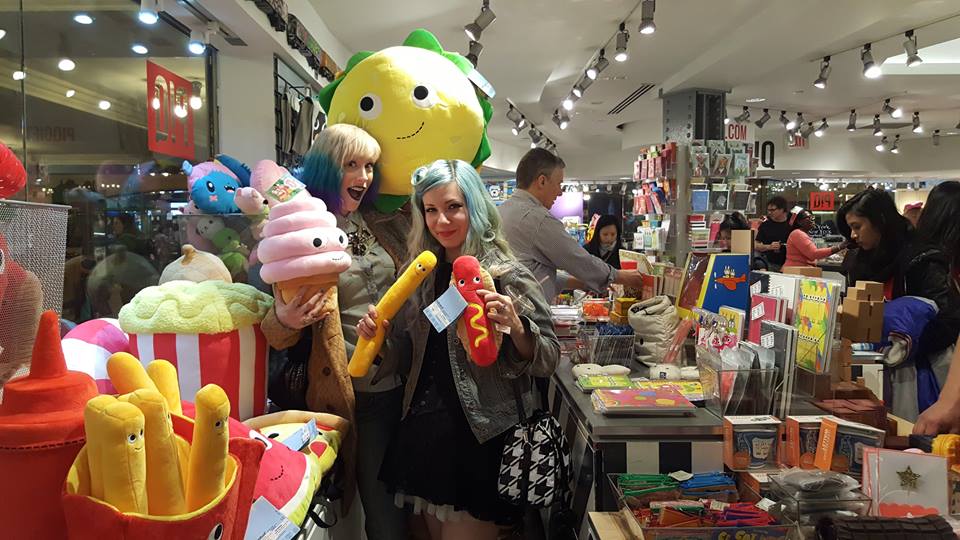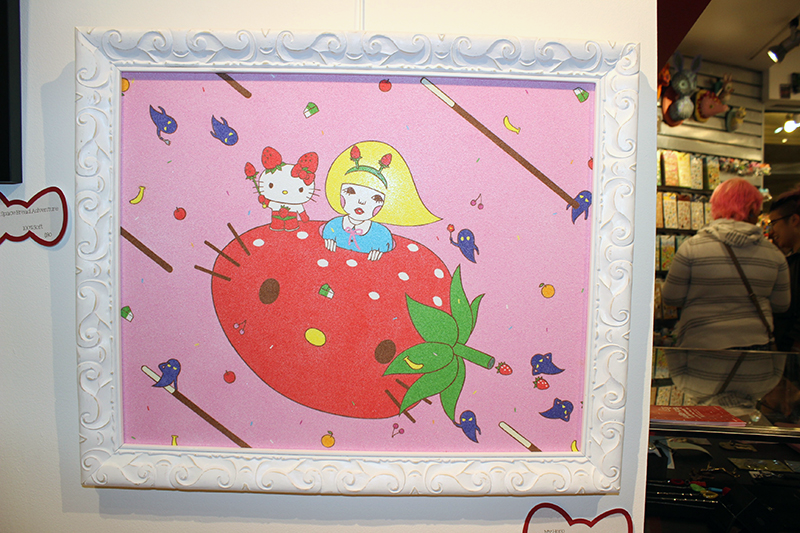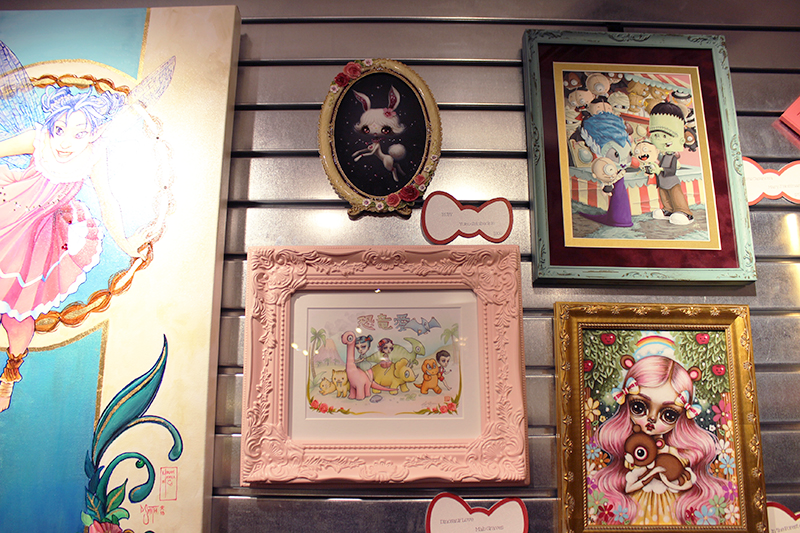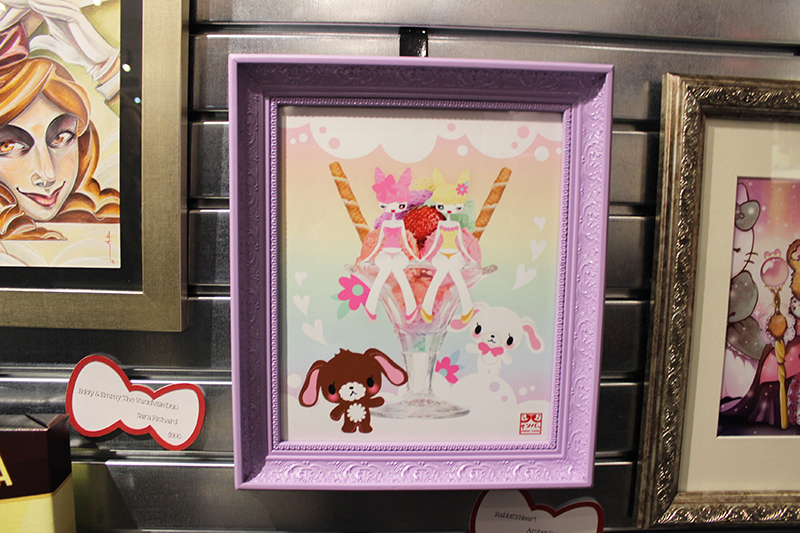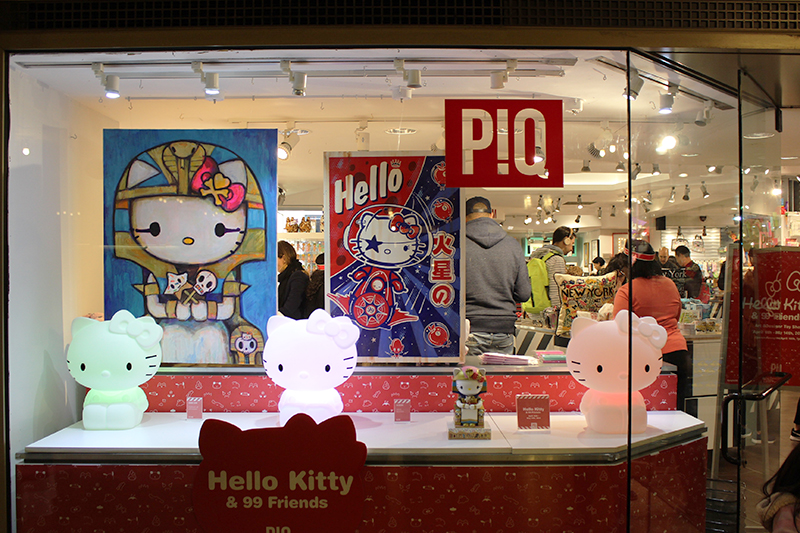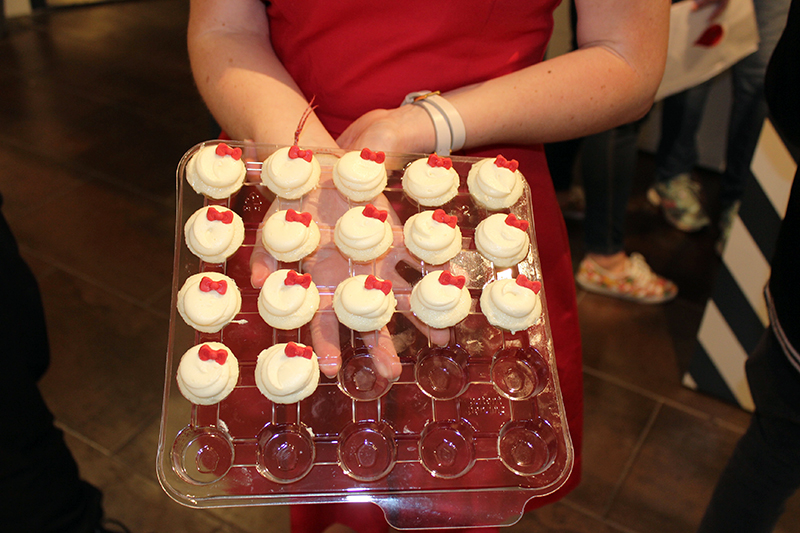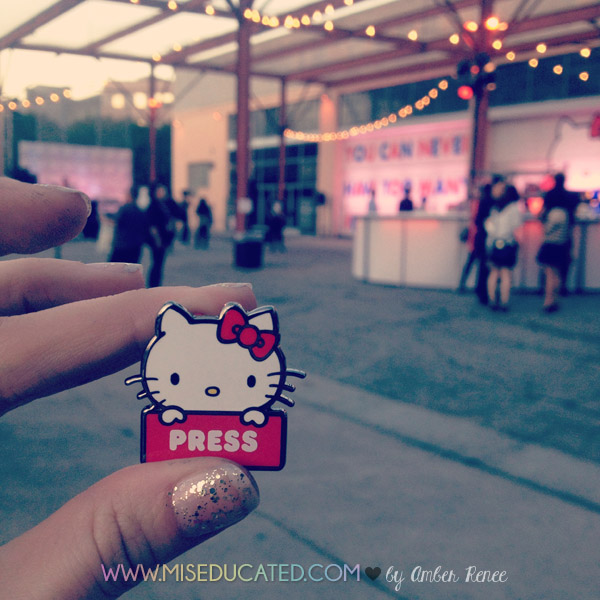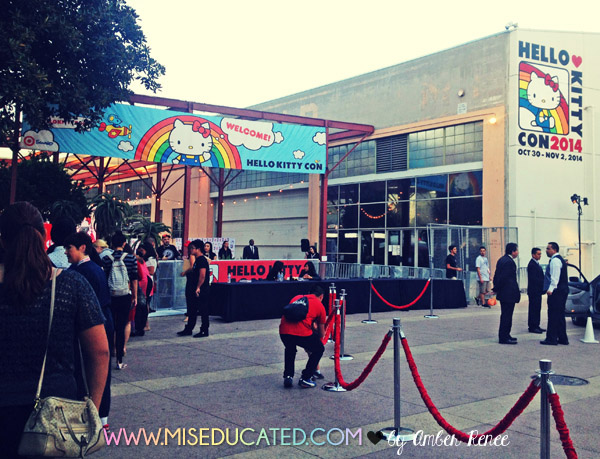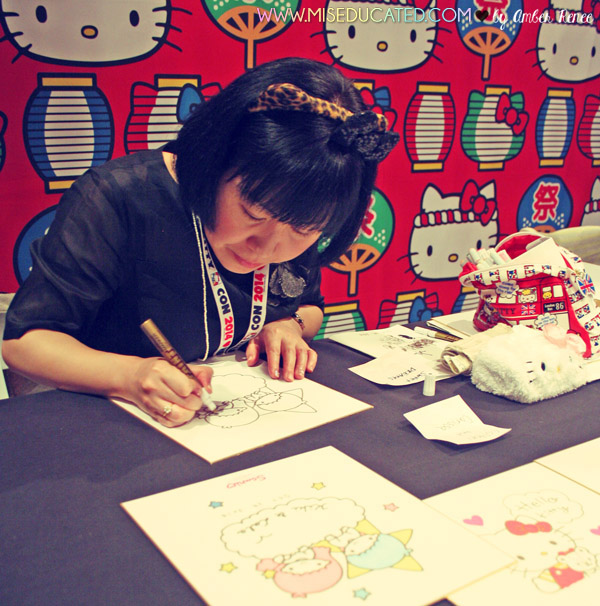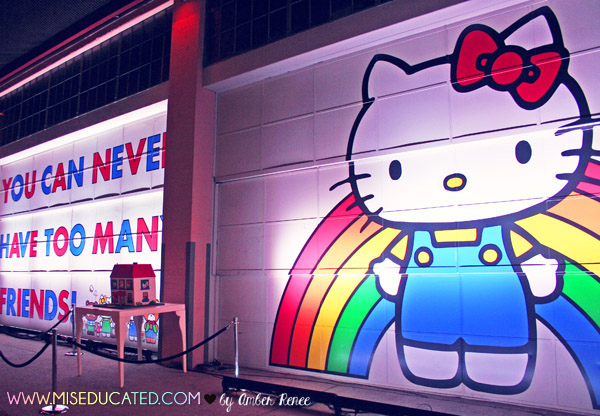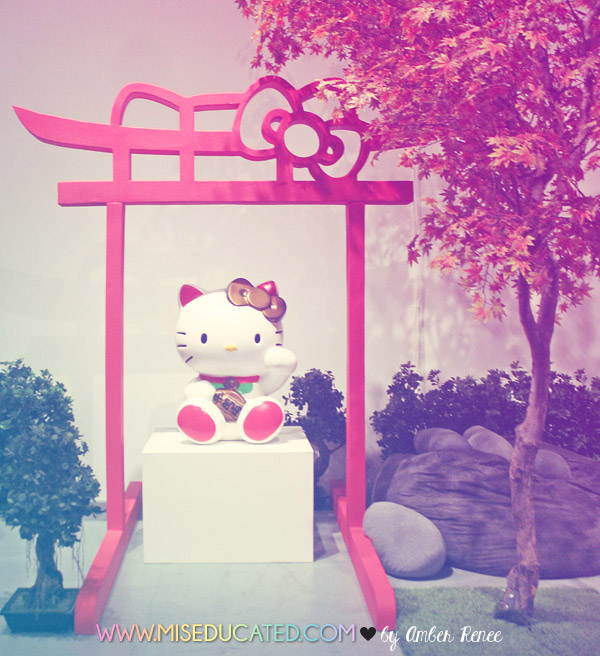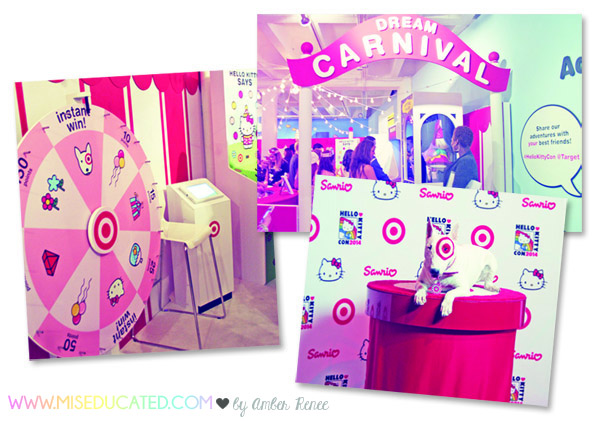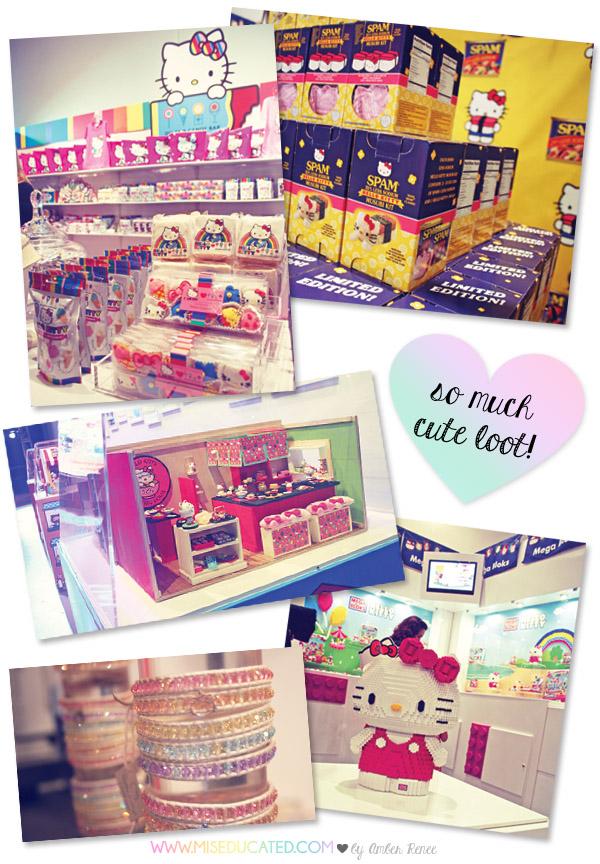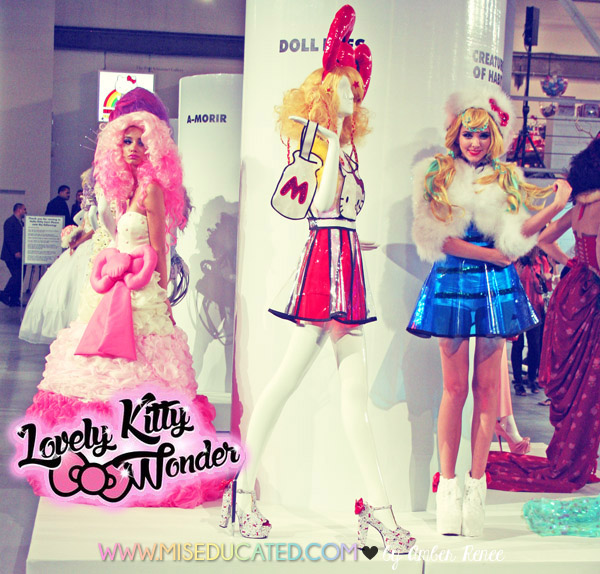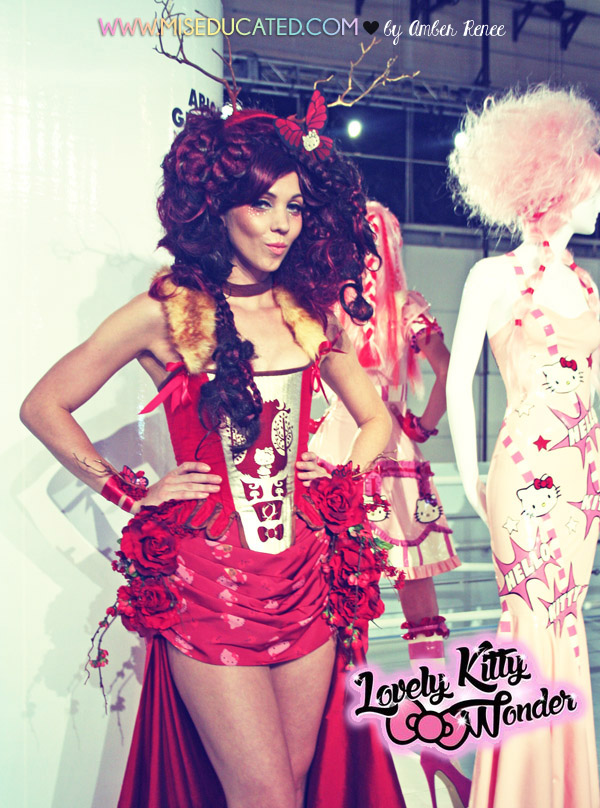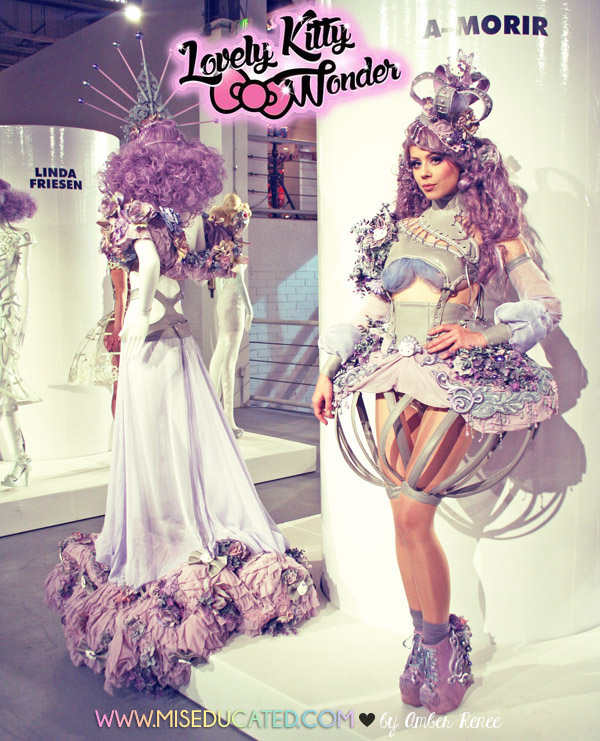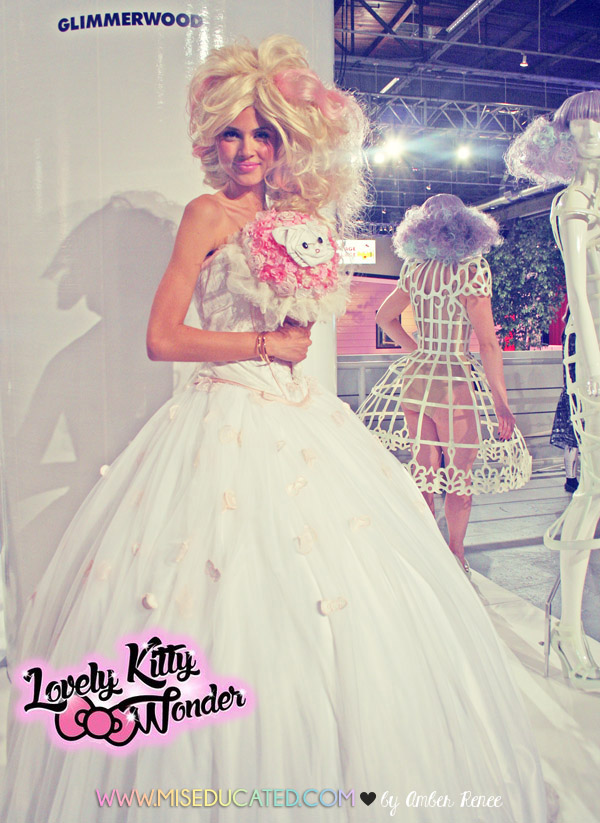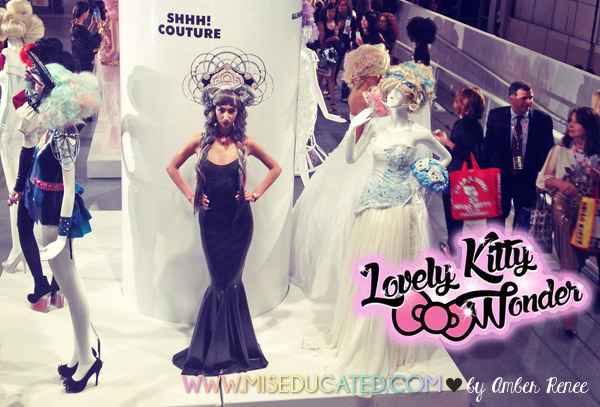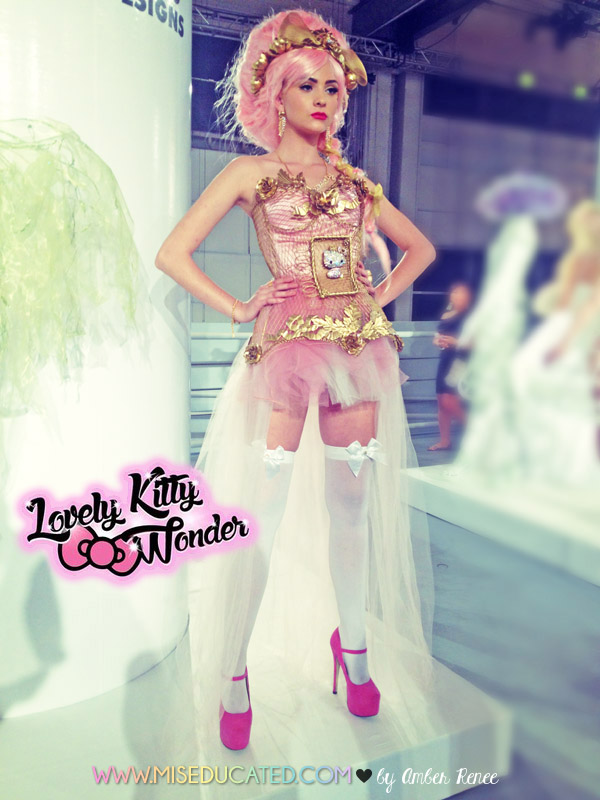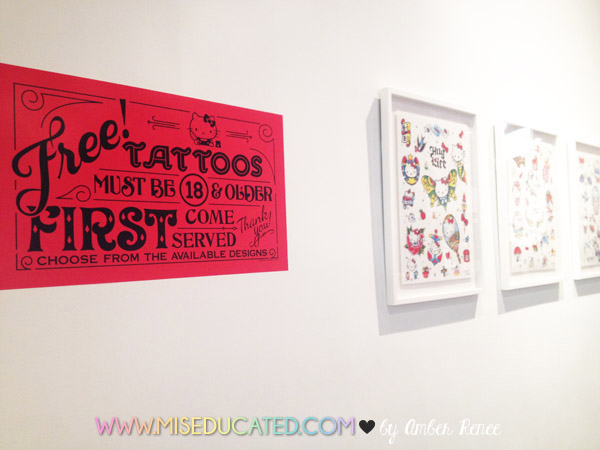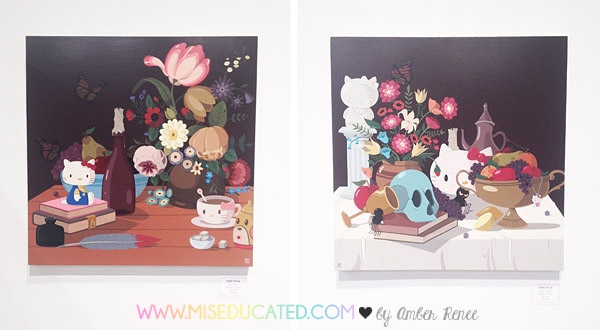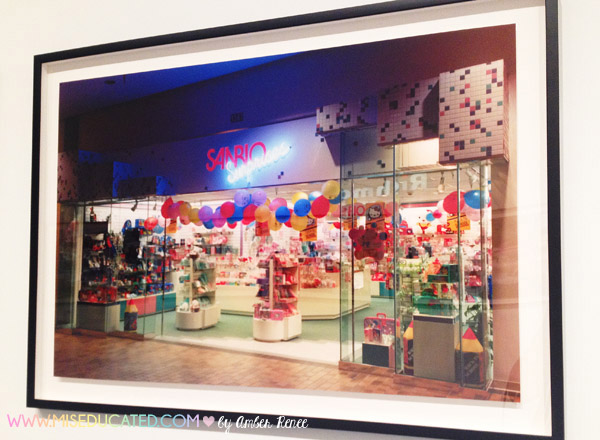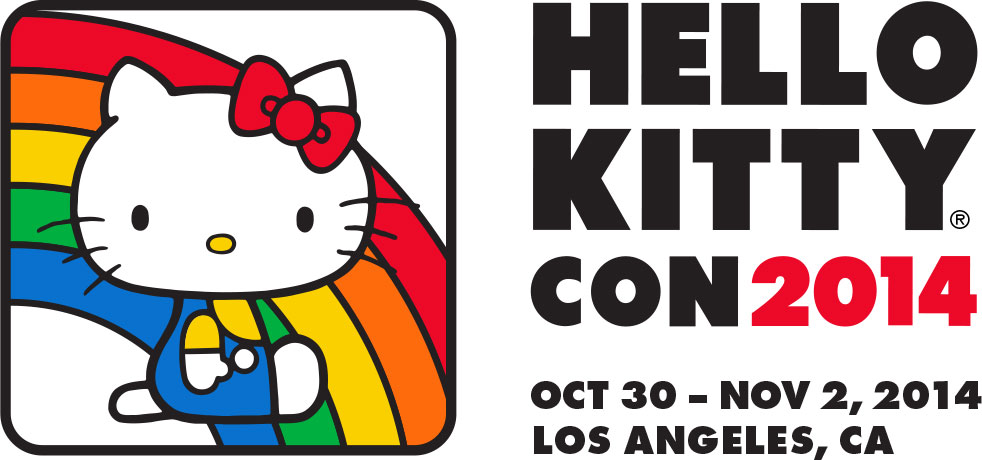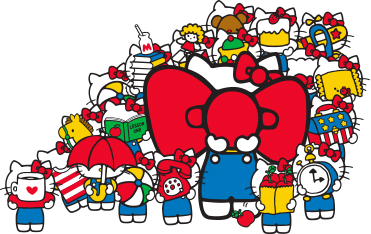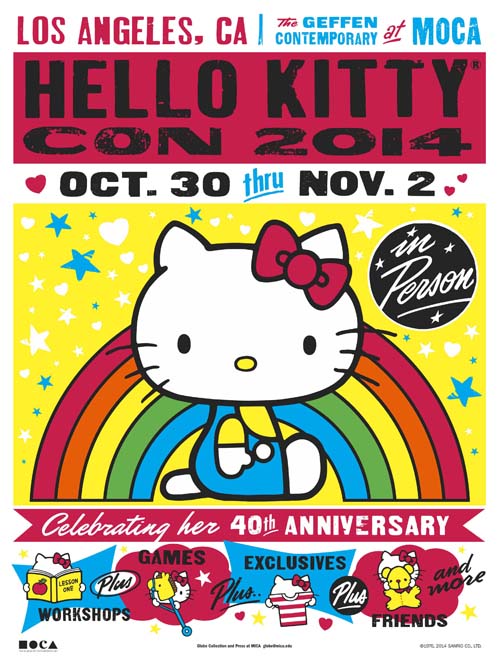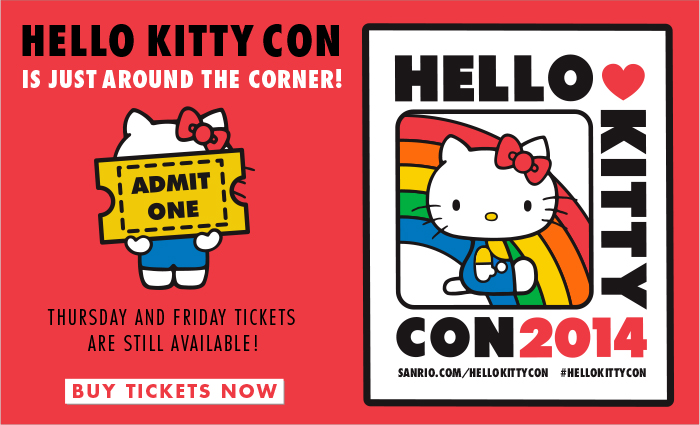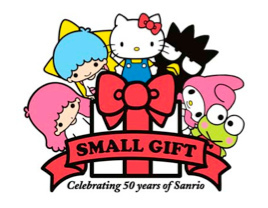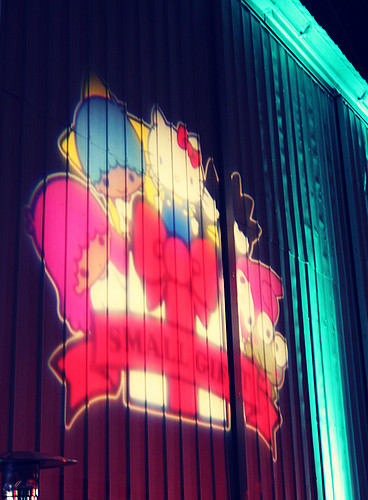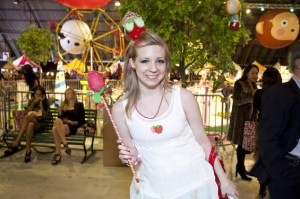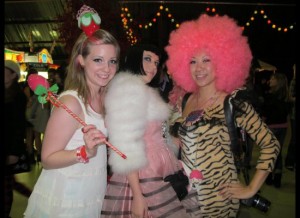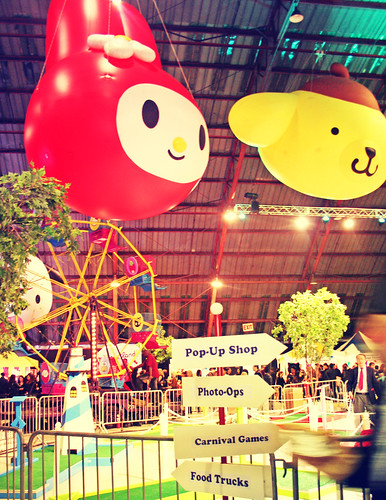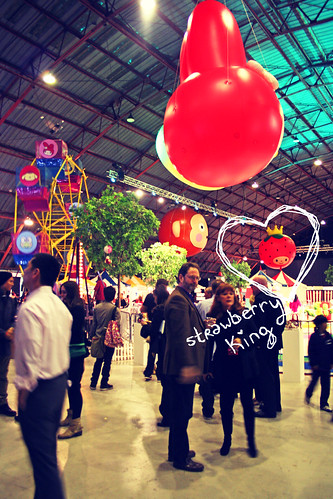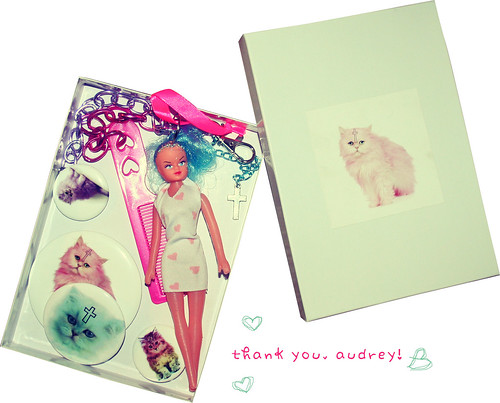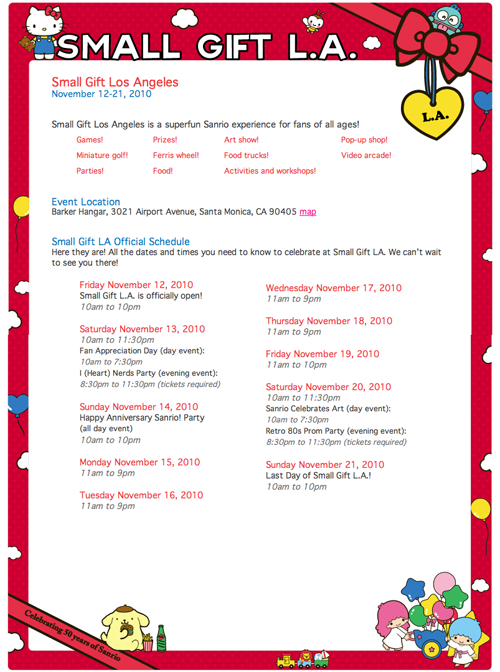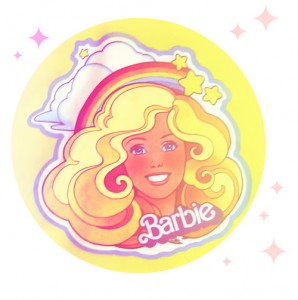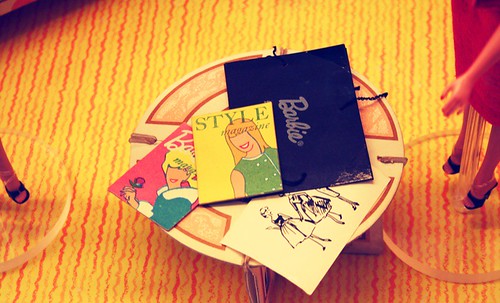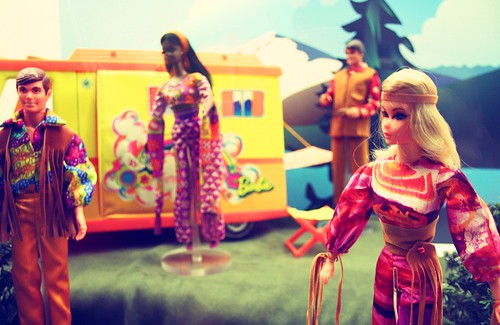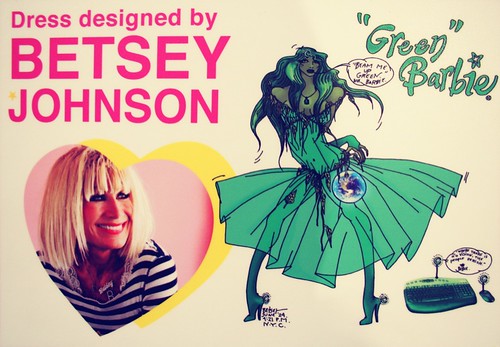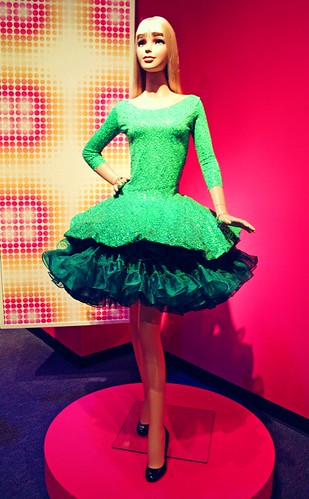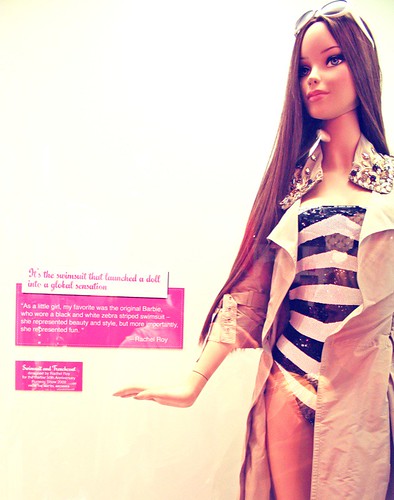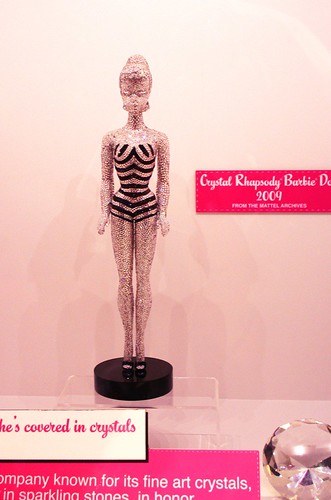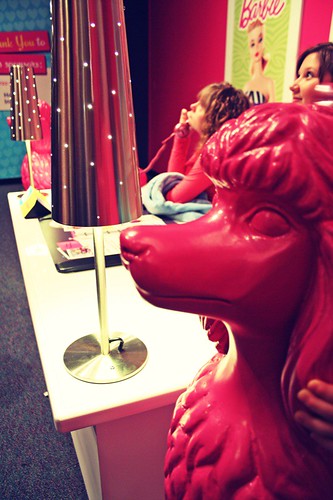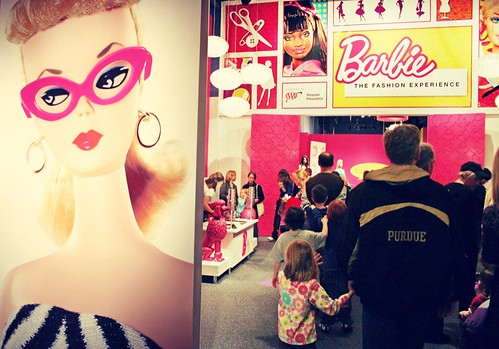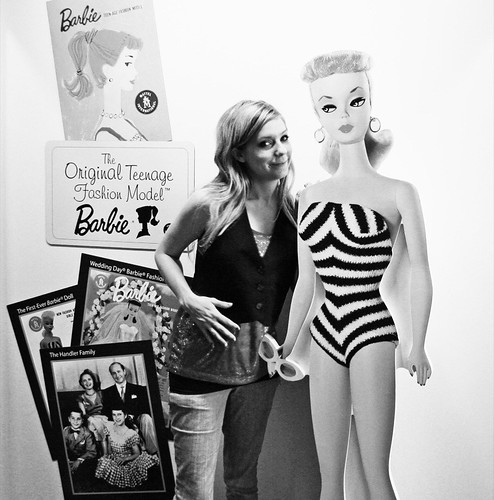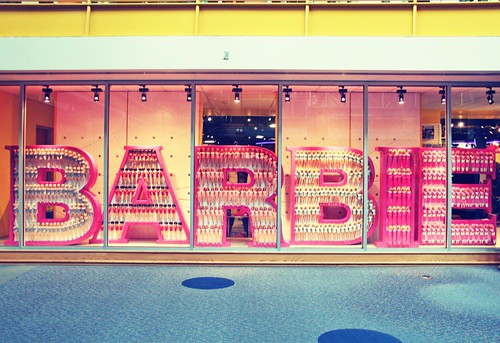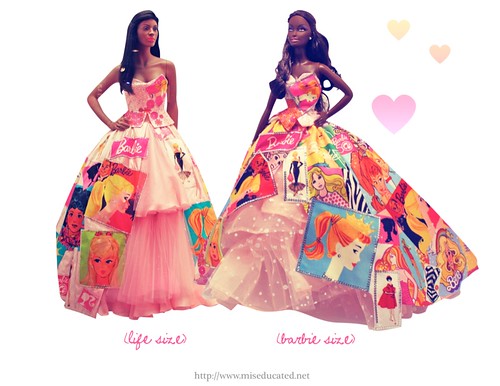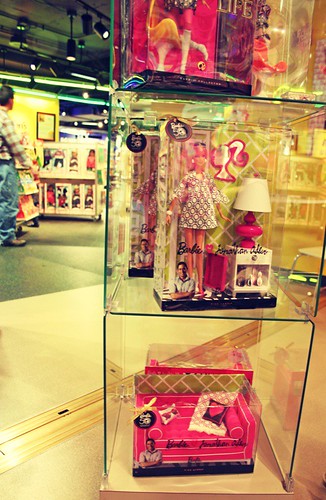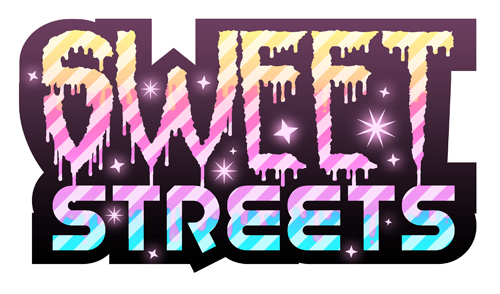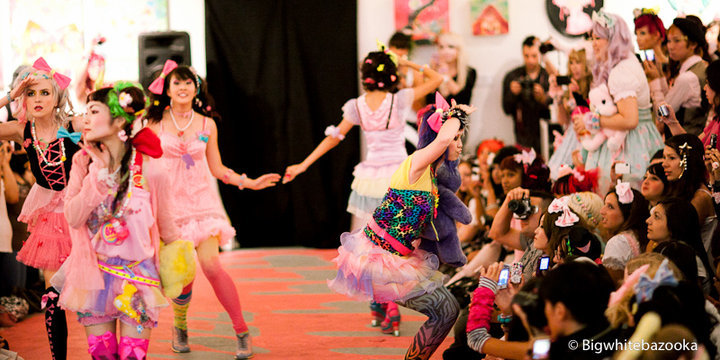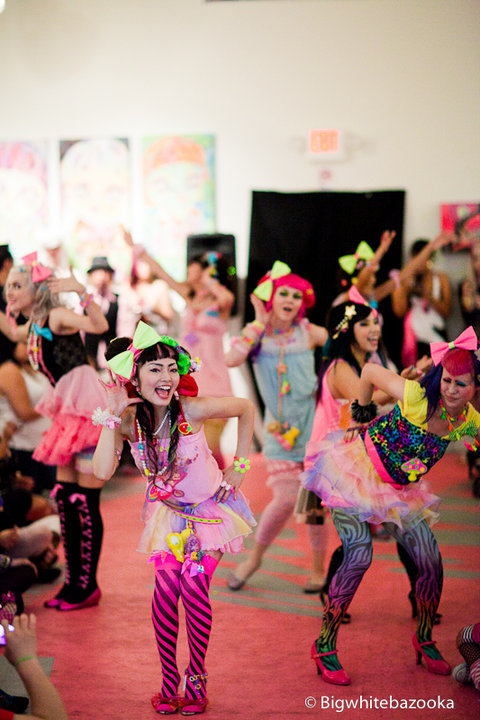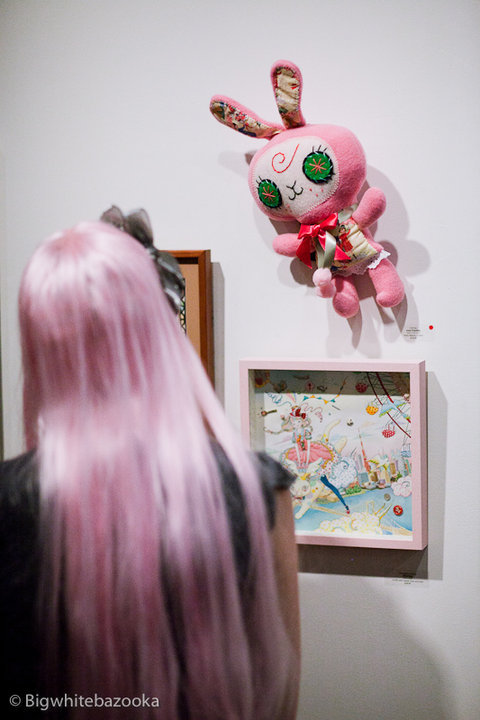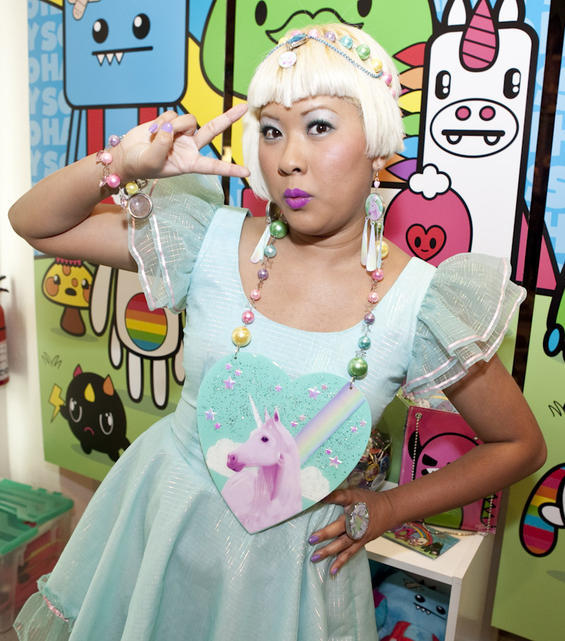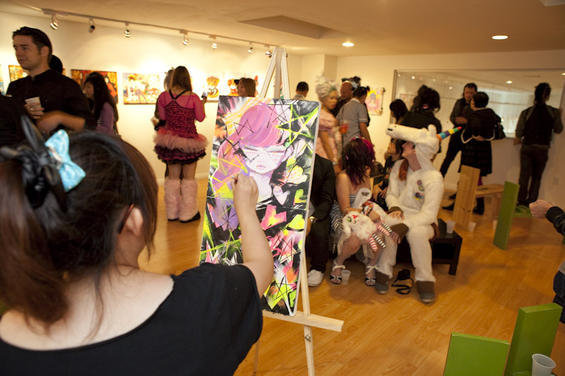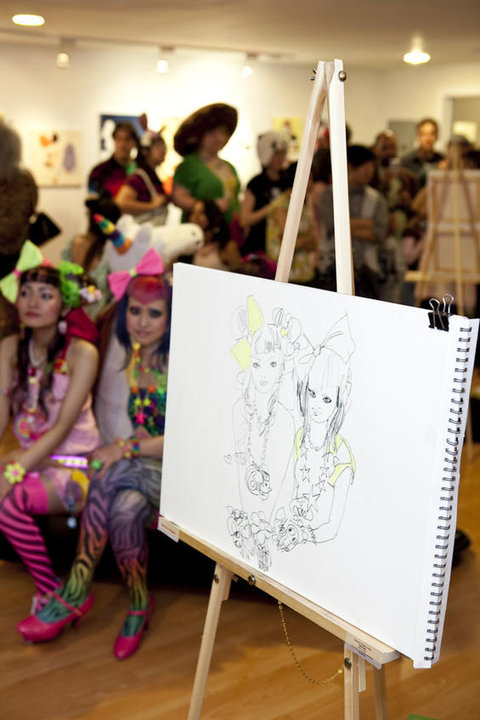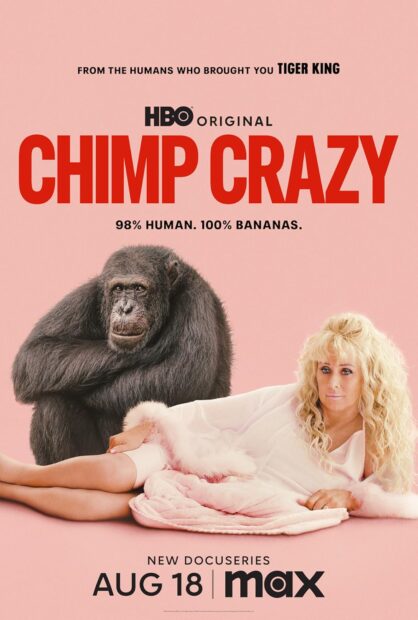
I’m sure a lot of you have been watching Chimp Crazy right now on Max. Same. After the third episode was released I had a lot of thoughts that I wanted to share and mull around with you.
Surprisingly, I could finally start to relate with the women who take care of primates and why they choose to do that. I could especially relate with Tonia Haddix as they shared a little more of her story. She had a difficult early life and a difficult or predatory first marriage. She did not feel loved or needed which greatly affects your future in many instances. It is very obvious when you watch the show that she does love the animals that she cares for. Also, if you remember, she did not steal, acquire, or adopt these chimpanzees as babies, but fell in love with them when she visited them. They were already kept in the situation that she was trying to make better for them with her limited experience in the area.

As the show goes on, it becomes aware that the chimpanzees’ care became crazy-making for her. She felt a strong, almost insanity-inducing urge to protect them and make sure that they were okay. Tonka especially had been brutalized when he was housed in more wild-type enclosures with other chimps in the past. It was not her choice or doing for Tonka to be in Hollywood or to be an actor, but she had witnessed him be attacked by other chimps several times. He was missing a lot of his chimp instincts by spending so much time with actors and other humans. Tonia was stepping into this situation and trying to do what she thought was best. She was loving him as though he was her child.
It was incredibly heart-wrenching watching Tonka in his cage, unable to go outside temporarily and sadly looking at videos of other chimps. I felt heartbroken for him, Travis, Buck, Harambe, and all of the primates who have been abused by power. Tonia was hiding him for what she felt was a dire reason. She was afraid of him being injured or killed by PETA or at Project Chimps. So, as any mother would, she did all she could to protect him. Did she make all the most optimal decisions? Maybe she did, maybe she didn’t, but she did the best with what she was able to do. And in her heart and soul, she felt that it was her purpose to protect him.

I have had the pleasure of getting to talk to and to know Tonia better after these early episodes. She raises and rehabilitates a lot of wild animals and smaller primates that are either unable to be released or are captive bread. She even sells small primates from zoo organizations to raise money to care for the endangered animals those zoos house. I am grateful there are people that spend their lives caring for animals that cannot be released. Based on the way that we human primates treat the planet, a lot of animals can’t or wouldn’t survive very long in the wild. It is not so easy to label someone as the “bad guy” and someone else has the “good guy” when making a documentary about such a polarizing subject. Eric Goode mentioned that the owners themselves are also essentially caged due to their devotion for these animals.
We know that while PETA is trying to do what they believe is best for the animals, they can also be extreme. They used to strongly voice that they did believe in anyone having pets of any kind and they are against using absolutely any animal-products in any way. They also have very strict guidelines for the care of absolutely any animal that many everyday people cannot achieve. Even the director, Eric Goode, has mentioned that he does not meet PETAs standards with his own animal care. It makes it hard to choose a side when both sides are so extreme, but as an outsider, it’s easy to see the extraordinary differences between each side and to come to the conclusion that the best solution is maybe somewhere in the middle.
While I feel that all animals, especially a large primate that shares 98.8% of our human DNA should be given all the specialized care that they need, I believe that humans have a lot to offer in conserving animals. Moreover, I selfishly enjoy having domesticated pets of all sorts in my house to take care of.

Another way I can relate to this situation is in my conservation efforts with monarch butterflies. This is a movement that I have put a lot of time, research, and effort in. I work with groups and individuals to conserve these precious beings regularly. Insects also often die in the wild almost instantaneously (please don’t spray your yard for mosquitos) but when you raise them inside, you have a vastly higher survival rate and can release many more monarchs to raise the migration. All animals have much shorter lifespans in the wild. There is a great benefit to zoos and humans stepping in to conserve animal species that are endangered or that wouldn’t otherwise survive in the wild. It’s very valuable that we have so many organizations and people that are dedicated to doing this work.
I myself enjoy volunteering at the Humane Society and doing my part to conserve all species that are at risk. Giving my time and energy in aiding animals and wildlife to thrive has been a lifelong passion of mine. I have had such a strong feeling that although the black-and-white thinking and extreme sides on the documentary make for shocking reality TV and emotionally riveting entertainment, there is so much more missing information and so many more nuances. We miss all of the nuances when a director tries to show us the same old tale of the hero triumphing over the villain. Sometimes these documentaries like to leave out the gray parts that help us relate more to the “bad side” but they also leave out the not so savory parts that help us see the flaws in the “good side.” Although all journalists and documentary film makers are supposed to be the watch dogs of society, many are ultimately loyal to the success of their work and the fortune or notoriety it may bring. While I believe Goode does an amazing job at presenting both sides, I know that even the cutting room floor can be biased.
It’s easy these days to be the next “armchair advocate” and feel that you know the truth, the best way, and the only option. It’s much harder to look inside, accept that all other humans have flaws, and realize you don’t really know another’s path. – Amber Renee Cunningham
(Photos by Eric Goode)
